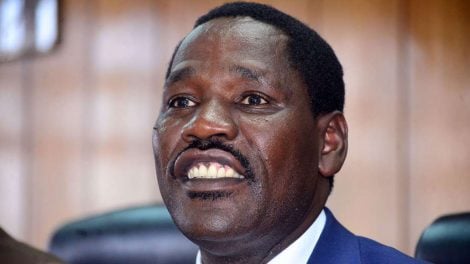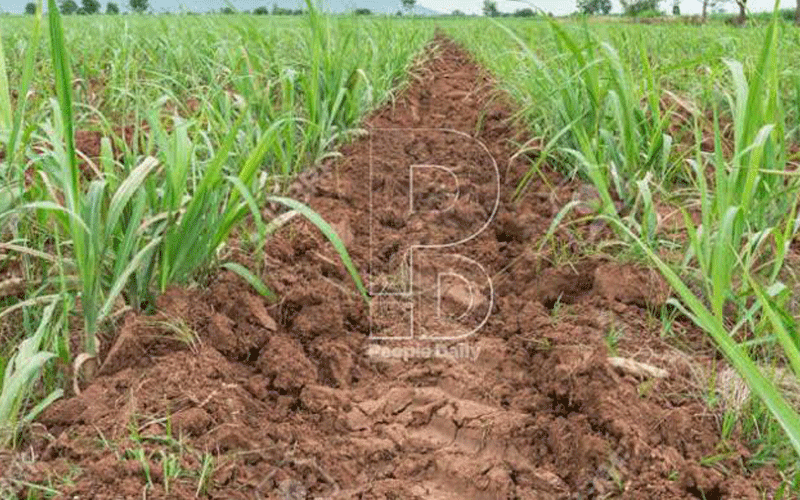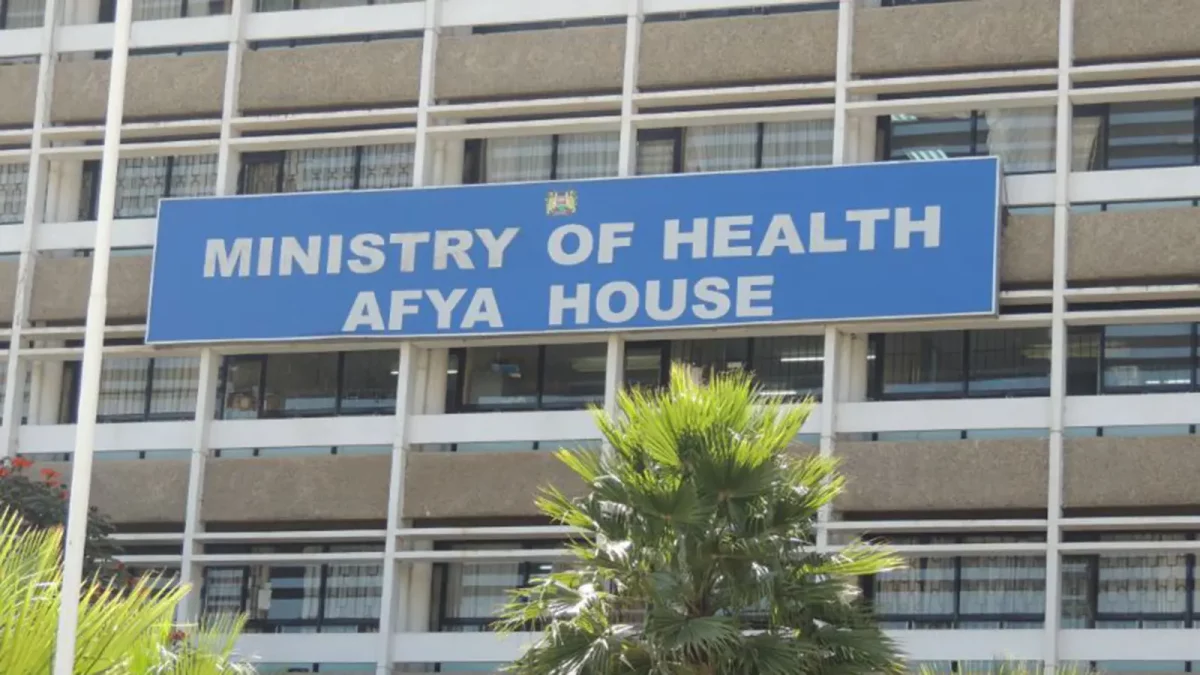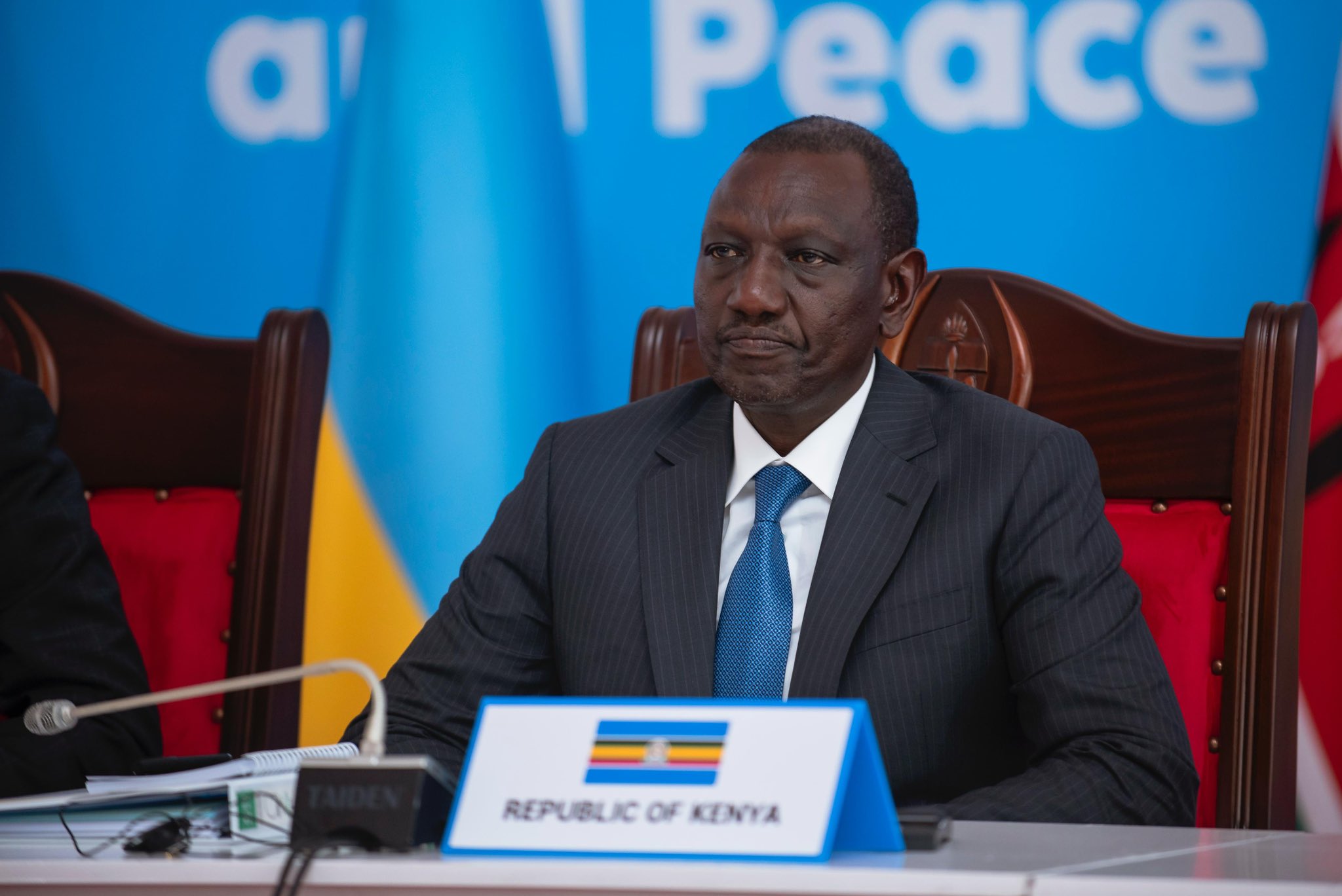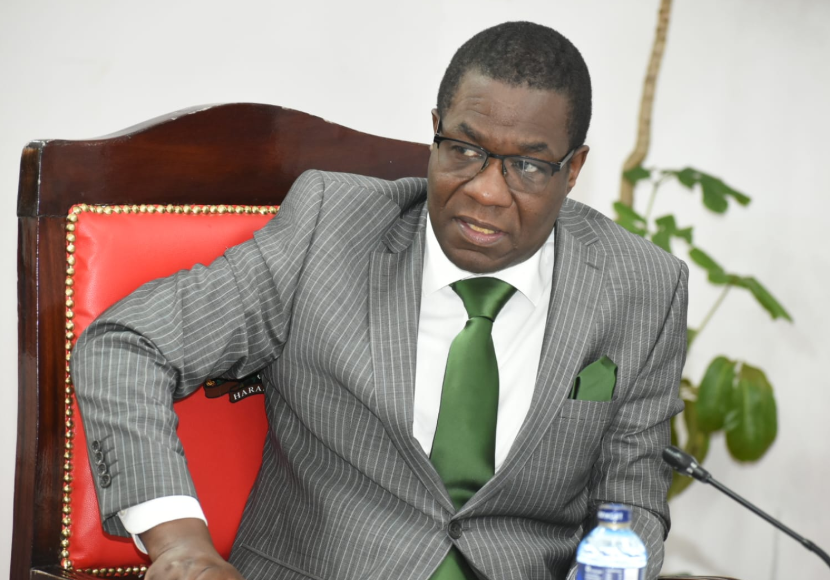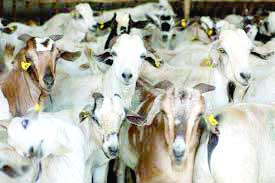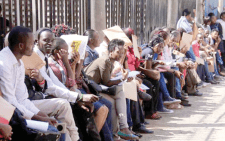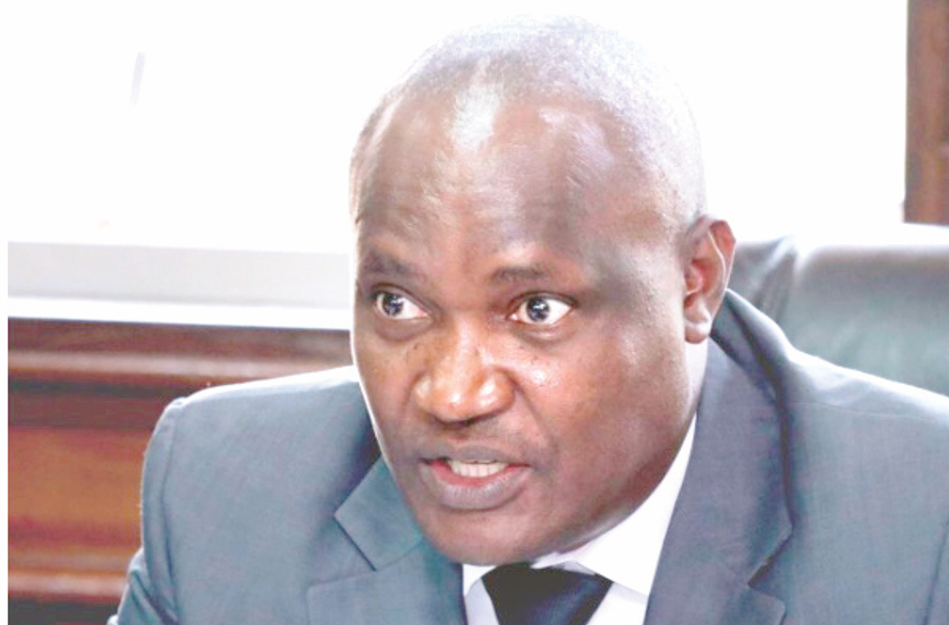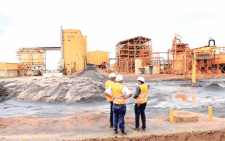State mulls artificial tea shortages

The State is contemplating triggering an artificial tea shortage in the Mombasa auction once the commodity attains 100 per cent absorption rate, with a view to pushing prices further up.
Ministry of Agriculture officials confirmed the absorption rate of tea being offered for sale by Kenya Tea Development Agency (KTDA) was more than 50 per cent.
“Since we introduced the minimum reserve price three weeks ago, the absorption of KTDA teas by buyers has increased from seven per cent to 53.53 per cent by early this week.
Based on our analysis we expect the absorption rate to reach 100 per cent in the coming weeks which is a big achievement to the small scale farmers,” Agriculture Cabinet secretary Peter Munya said at Kilimo House yesterday when he flagged off vegetable seedlings donated by the Embassy of Israel.
Value chain players
However, stakeholders in the value chains who include tea producers, exporters, brokers, tea packers and warehouses criticised the move saying it might be counterproductive and detrimental to the small scale farmers.
Munya explained that once the KTDA teas attain 100 per cent absorption rate, the volumes will be reduced so as to generate more demand and thus high prices for the commodity.
“We experienced challenges when KTDA set the minimum prices but the situation has started changing and buyers are supporting the Government initiative,” he added.
Three weeks ago, the ministry of agriculture in conjunction with KTDA set a minimum reserve price of Sh195 ($1.80) which based on the analysed cost of production.
East African Tea Trade Association (EATTA) managing director Edward Mudibo said delaying taking tea to the market does not guarantee good or high prices.
“Buyers equally will be more interested with recently processed tea than longer stored commodities,” said Mudibo on phone.
He said storing the commodity for long will attract high warehouse charges which in the long run will affect the final payments to the scale farmers.
While issuing the decree, Munya argued that the reserve minimum average tea price should be based on the cost of production, the grade of the tea and a reasonable return to the tea grower.
“We will probably reduce volumes offered for sale in order to create high demand for the commodity in the external markets.
In this way we expect our tea to attract high prices and hence boost farmers’ income,” said the CS.
KTDA has been pushing the adoption of the set minimum reserve prices for two weeks but buyers rejected tea worth over Sh2 billion. KTDA chairman David Ichoho said the business model is based on sustainability.
“Our focus is to have a long lasting relationship with our buyers and ensure the commodity is bought at the set minimum reserve prices,” said Ichoho.
When KTDA introduced the set minimum reserve price, absorption rate hit 7.65 per cent, then 19.17 per cent last week and early this week -Monday, buyers bought 53.53 per cent of the KTDA tea offer for sale.
The Mombasa tea auction is held every three days in a week -Monday, Tuesday and Wednesday.
